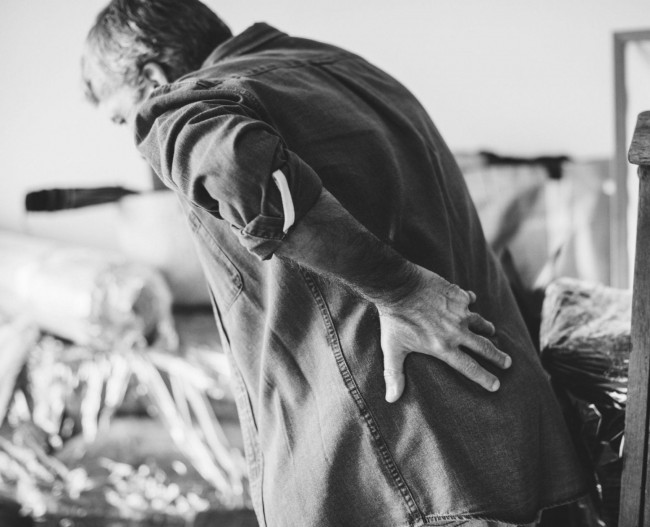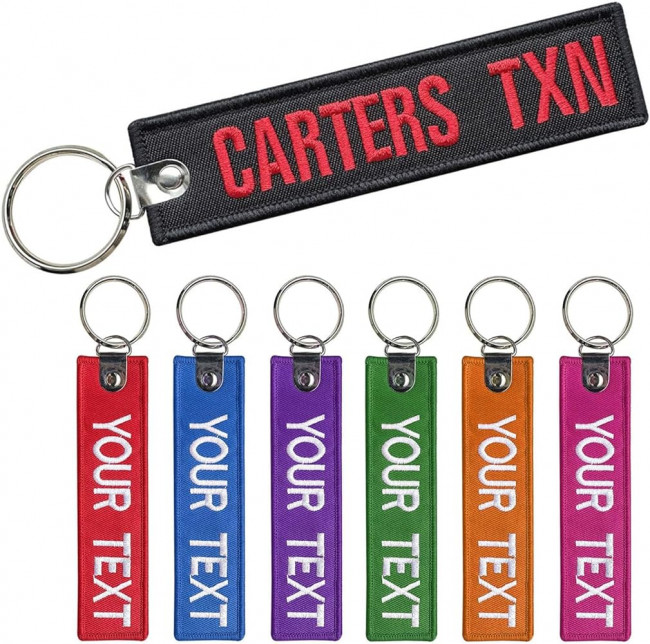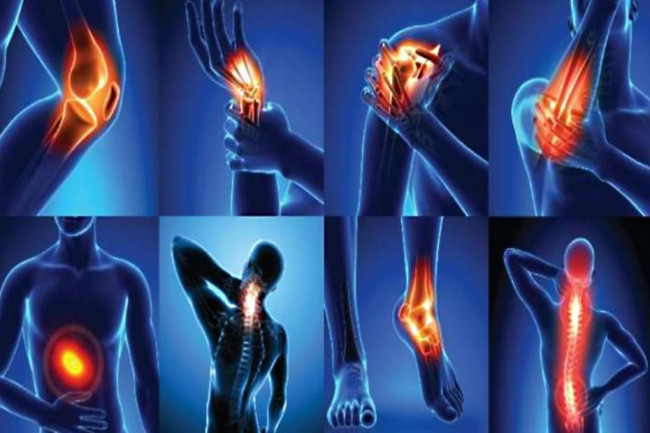 According to new research, helping others and the sense of belonging that it brings can help alcohol and drug users stay sober.
According to new research, helping others and the sense of belonging that it brings can help alcohol and drug users stay sober.
Alcoholism and drug addiction are intractable diseases. Many addicts and alcoholics relapse after 6-12 months following treatment. This can include drug therapy, group counseling, and behavioral therapy.
There may be a secret weapon to fight addiction: help people.
Having a supportive network, reducing isolation, decreasing social anxiety, and--especially--helping others can increase the chances of staying sober by up to 50 percent.
Maria Pagano of Case Western University has devoted her research to the social connections that addicts have. In studies spanning over a decade, she and her colleagues have shown that having a supportive network, reducing isolation, decreasing social anxiety, and--especially--helping others can increase the chances of staying sober by up to 50 percent.
Her findings suggest addiction shouldn't be seen as an individual failure to will but rather through the lens of positive social connections. Her research, if correct, could profoundly impact how we approach addiction.
Addiction and social anxiety are linked.
Alcoholics Anonymous (AA) understands that social networks are important in recovery. In a 2012 study Pagano, along with her colleagues, found that having people in your life who are supportive of abstinence is important for an addict to be able to remain sober three years after the initial addiction.
Staying sober is hard if your friends are drinking or using drugs. Pagano says it's easy to rationalize, telling yourself, "I can have just a little," and justifying your actions.
She says it's not easy to find a supportive social network as an addict. Social anxiety is a common problem among addicts. They feel they are on stage, and others don't approve of them. Social anxiety is often why people try alcohol or drugs in the first instance, as they believe that intoxicants are social lubricants. Medications used to control anxiety can cause dependence, which can quickly spiral out of control and ruin one's relationships, health, and career.
Even though many people with social anxiety are reluctant to participate in group activities, Pagano says they are essential to healing.
In a recent study that tested this theory, she found that many of her participants--adolescents in addiction treatment, ages 14-18--deeply feared being scrutinized in social situations. At the same time, 15 percent met the diagnostic criteria for a social anxiety disorder (SAD). Her results did not show a significant difference in levels of participation between adolescents with and without a SAD diagnosis. However, one important thing did: the adolescents with SAD who actively participated in helping experienced a reduced risk of relapse in the six months following their treatment.
Why Helping is Key
Pagano's studies support this insight. In a 2013 study, she and her co-workers recruited 226 recovering alcoholics from nine outpatient programs. They followed them for ten years, measuring alcohol consumption, AA participation, and self-rated thoughtfulness toward other people. The researchers also assessed whether participants had helped others by completing AA step 12 or becoming a sponsor.
Pagano, along with his colleagues, used statistical analyses to show that people who attended more meetings of AA and were involved in helping others stayed sober for longer and showed a greater interest in other people up until ten years after the fact. The outcome was unique when it came to helping others. This suggests that helping in recovery is important and should be given more attention.
Pagano says that if we do not encourage patients to participate in service, we do them a disservice. We know service is associated with good things.
She says that helping others can have an extraordinary impact on long-term sobriety because it seems to reduce some of the psychological indicators of the disease, such as high levels of narcissism or entitlement, which make you more prone to addiction and less likely to start recovery. She says that helping others allows you to "get past yourself," which can lead to improved interpersonal relationships, especially with other recovering addicts.
Pagano says helping others will help you affiliate with a sober group and become familiar with it. It's an easy way to meet people and introduce yourself. It's also a good distraction from the inner turmoil often part of recovery.
Pagano uses the word "angst" to describe the feeling of pain that comes from a sense of social inadequacy or not belonging. Researchers measure the surface of social estrangement, which focuses less on how much time people spend with others than how much they feel like they do not belong in a group.
She says, "It is the kind of loneliness where no one knows you, your dreams, hopes, goals or disappointments."
She also looked at social estrangement's impact on juveniles who are ordered to enter treatment by a court due to criminal activity. She found that those with high levels of social alienation at the start of therapy were likelier to relapse and commit crimes in the following 12 months than those with lower levels.
When she took into account helping behavior, however, she found those with high levels of estrangement to be significantly less likely than others to drink or commit crimes during the same period if they had given service in AA - whether it was putting chairs away, welcoming newcomers, or making coffee. She says this shows how helping others can alleviate a sense of belonging. This is especially painful for teenagers who their peers heavily influence.
She says that there are other ways to obtain a social connection. But it can help with affiliates. It's a gateway to finding your group, where you can be known.
Can help be prescribed?
Pagano's research, while promising, is based on real data, which may be gathered from large populations but not in experimental conditions. Her research could take the next logical steps by experimenting with helping behaviors prescribed to certain people but not others.
Pagano warns against this plan. For starters, AA isn't a standardized program. It's a group of non-professionals who help their peers. Although it has a set protocol, interfering in the process of AA could be harmful. She's also so sure that helping others in AA is essential that she would not want to deny that support to anyone who seeks it.
She says, "I wouldn't tell someone they can't serve because it reduces the chances of relapse and the likelihood of ending up in jail after treatment by half."
However, she thinks one way to get around these limitations would be to assign someone within AA to encourage participation in helping above and beyond how it's usually encouraged, then compare that to regular AA involvement--something she is currently planning to do.
She says, "I am mapping it out right now." She wants to use a volunteer in AA to connect newcomers with helping tasks and see if it has an impact beyond the normal AA process.
Pagano sees no reason to discourage more helpful behavior. Her research suggests that helping others can improve sobriety and reduce social anxiety. It's easy to recommend this early in treatment, perhaps even during residential treatment.
Pagano says this is when patients will be willing to change or examine themselves more closely. If they are given a position of service, they regularly show up. They have a role. They are not just sitting in a chair and listening to their neighbor. They belong."
















